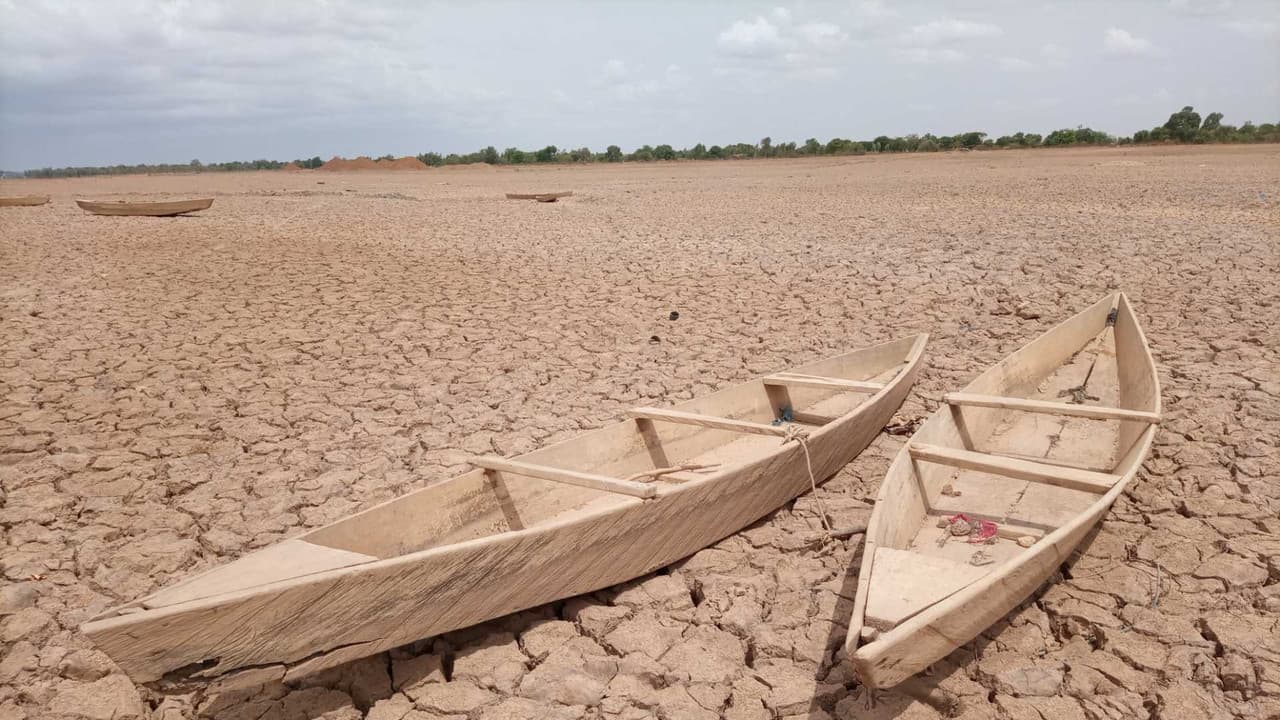Navigating the business landscape in Burkina Faso requires a nuanced understanding of its rich cultural fabric. Like many West African nations, Burkinabé society places a strong emphasis on community, respect, and interpersonal relationships, which significantly influence workplace dynamics and business interactions. Building trust and demonstrating patience are often more critical to long-term success than purely transactional approaches.
Understanding and adapting to local customs, communication styles, and hierarchical structures is essential for fostering positive working relationships and ensuring smooth operations. This cultural intelligence helps foreign businesses integrate effectively, build rapport with local partners and employees, and navigate potential misunderstandings that can arise from differing cultural expectations.
Communication Styles
Communication in the Burkinabé workplace often prioritizes harmony and indirectness, particularly in formal settings or when addressing superiors. Direct confrontation is generally avoided to maintain face and preserve relationships.
- Indirectness: Messages, especially those involving criticism or negative feedback, may be conveyed indirectly through proverbs, stories, or intermediaries. It is important to listen carefully for underlying meanings.
- Non-Verbal Cues: Pay attention to body language, tone of voice, and facial expressions, as these can convey significant meaning. Silence can also be meaningful and does not necessarily indicate disagreement or lack of understanding.
- Relationship Building: Conversations often begin with pleasantries and inquiries about well-being, family, and health before moving to business matters. Rushing into business discussions without this initial rapport building can be perceived as impolite.
- Language: While French is the official language and widely used in business, local languages like Mooré, Dioula, and Fulfulde are spoken by the majority of the population. Using a translator or demonstrating an effort to use basic local greetings can be highly appreciated.
Business Negotiation Practices
Business negotiations in Burkina Faso tend to be relationship-driven and may proceed at a slower pace than in some Western cultures. Patience and persistence are key virtues.
- Building Trust: Establishing a personal connection and trust is paramount before significant business decisions are made. This often involves social interactions outside of formal meetings.
- Pace: Negotiations can be lengthy, involving multiple meetings and discussions. Avoid pressuring counterparts for quick decisions.
- Decision-Making: Decisions are often made collectively or require approval from senior figures within an organization or family structure. Be prepared to meet with various stakeholders.
- Bargaining: While less common in formal corporate settings, bargaining is a part of the culture in many transactions. Understand the context and be prepared for some degree of negotiation on terms.
- Formality: Maintain a respectful and formal demeanor, especially in initial meetings. Dress professionally.
Hierarchical Structures
Burkinabé society and workplaces are generally hierarchical, with respect for age, experience, and position being fundamental.
- Respect for Authority: Deference is typically shown to elders and those in positions of authority. Decisions often flow from the top down.
- Management Expectations: Managers are often seen as figures of authority who provide direction. Direct challenges to a manager's authority in public are rare and can be seen as disrespectful.
- Addressing Colleagues: Use appropriate titles and surnames when addressing colleagues, especially superiors, unless invited to use first names.
- Decision Flow: Be aware that decisions may need to pass through several levels of management, which can impact timelines.
Holidays and Observances
Public holidays and religious observances significantly impact business operations in Burkina Faso. It is crucial to be aware of these dates when planning meetings, deadlines, and travel for 2025.
| Holiday/Observance | Typical Date (2025) | Significance |
|---|---|---|
| New Year's Day | January 1 | Gregorian calendar new year |
| Insurrection Day | January 3 | Commemoration of the 1966 popular uprising |
| International Women's Day | March 8 | Celebration of women's achievements |
| Easter Monday | April 21 | Christian holiday (date varies) |
| Labour Day | May 1 | International workers' day |
| Ascension Day | May 29 | Christian holiday (date varies) |
| Eid al-Fitr | Early April (approx) | End of Ramadan (date varies based on moon) |
| Eid al-Adha | Early June (approx) | Feast of Sacrifice (date varies based on moon) |
| Assumption Day | August 15 | Christian holiday |
| All Saints' Day | November 1 | Christian holiday |
| National Day | December 11 | Commemoration of independence |
| Christmas Day | December 25 | Christian holiday |
Note: Dates for Islamic holidays (Eid al-Fitr, Eid al-Adha) are based on the lunar calendar and are approximate; actual dates may vary.
Cultural Norms in Business Relationships
Building and maintaining strong personal relationships is fundamental to successful business in Burkina Faso.
- Hospitality: Accepting invitations for meals or social gatherings is a sign of respect and an important way to build rapport.
- Gift-Giving: Small, thoughtful gifts can be appropriate when visiting someone's home or after successful negotiations, but avoid overly expensive items that could be misconstrued.
- Punctuality: While punctuality is valued, flexibility is often required. Meetings may not always start exactly on time. It is important for foreign visitors to strive for punctuality themselves.
- Social Etiquette: Greet individuals with a handshake, starting with the most senior person. When entering a room, it is polite to greet everyone present.
- Trust: Business is often conducted based on trust built over time. Be prepared to invest time in developing these relationships.
Employ top talent in Burkina Faso through our Employer of Record service
Book a call with our EOR experts to learn more about how we can help you in Burkina Faso







Book a call with our EOR experts to learn more about how we can help you in Burkina Faso.
Trusted by more than 1000 companies around the globe



